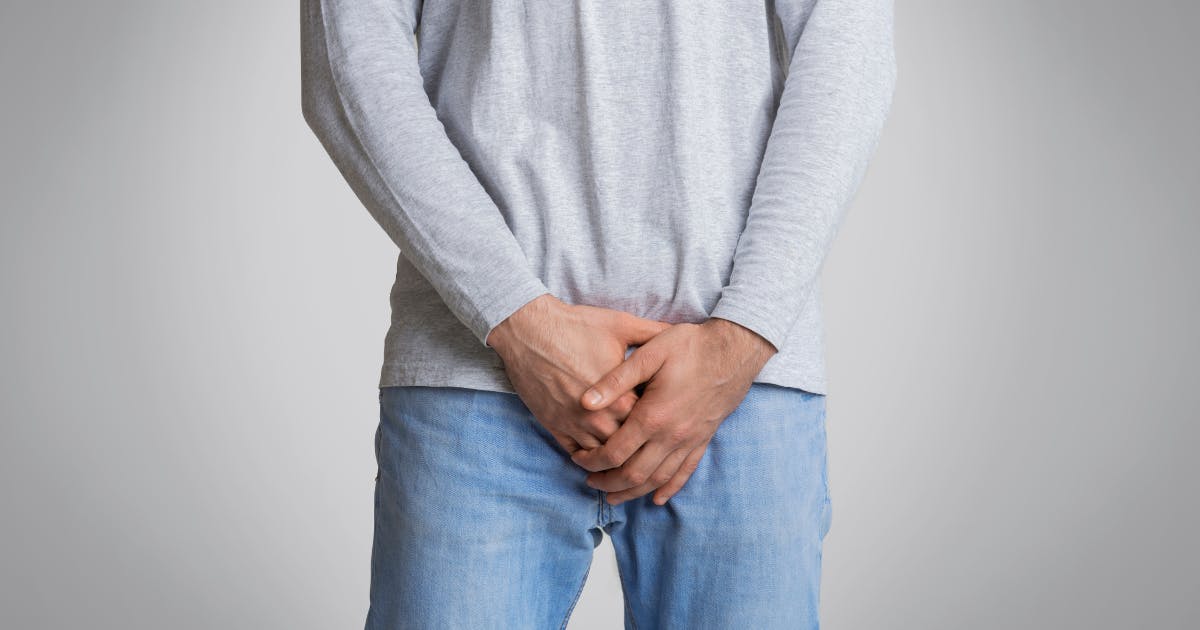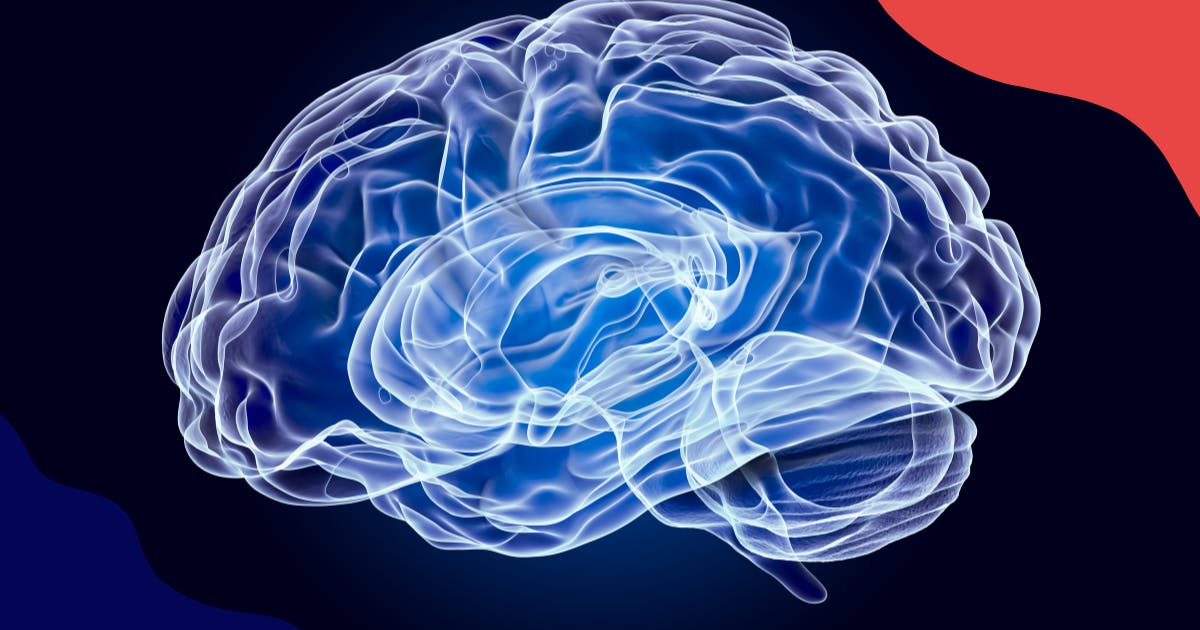Anxiety is one of the most common negative emotions people struggle with. However, its prevalence and severity have been rising astronomically in recent years. Parallel to this is the steady increase in cases of erectile dysfunction. This article explores how anxiety can lead to erectile dysfunction.
What is Anxiety?
Anxiety is the worry and tension we experience when we think of negative future scenarios or upcoming difficult situations. Unlike fear, anxiety is rooted in our perception of what is to come, which may not necessarily be true because it hasn’t happened yet. Meanwhile, fear occurs when there is an active danger. One type of anxiety that men experience is sex anxiety. It’s important to note that, since it’s an anxiety, it occurs even before men engage in sexual activities.
When men think of anxiety, they often imagine social anxiety or phobias. The truth is anxiety is an emotion, so it’s normal to feel it. However, it becomes an anxiety disorder if it’s too frequent, intense, or inappropriate to the situation. It’s normal to worry about sex, especially if it’s your first time or if you’re trying something new during foreplay. But if you’re constantly dreading it because you’re imagining that your partner will be dissatisfied, then it’s performance anxiety, which can be problematic.
How Anxiety Impacts Sex
When we worry about what can go wrong, our body is unable to distinguish real danger from imagined danger. So, regardless of whether the imagined bad outcome has happened or not, our cortisol levels will still spike. And if we’re very anxious, we may also experience a spike in our fight-or-flight hormones. With fear, those hormonal changes are temporary, as cortisol levels drop once the stimulus has passed. But with anxiety, our stress becomes prolonged because “what ifs” are endless.
When our cortisol levels are high, our testosterone is inhibited. Not only is testosterone responsible for our sexual desire, but it also affects our erectile capacity. Research shows that low testosterone is associated with a reduction of erectile function. Furthermore, anxiety spikes our blood glucose levels and blood pressure. It also disrupts biological processes like sleep, bowel movements, and immune responses. To cope with anxiety, some men turn to drinking, smoking, and porn, which can also cause erectile dysfunction.

Triggers of Sexual Anxiety
Sexual anxiety is anxiety that revolves around engaging in sex, which is usually intercourse. While any kind of excessive anxiety can affect you sexually, sexual anxiety is more potent because it can stop you from enjoying sex altogether. Here are the usual causes of sexual anxiety among men:
- Body Image Issues – Men can end up worrying about their penis size, weight, and physical flaws. This is usually more common when the relationship is still young, but it can continue if there are deep-rooted insecurities or trauma. It will also persist if a partner is too critical about appearances. A negative body image can also contribute to depression which also disturbs your sexual health.
- Erectile Dysfunction – Being unable to get an erection can make men anxious about sex, especially if their partner is taking their condition personally. Some people tend to assume that men don’t get an erection because they’re not seen as attractive, which can cause conflicts. The lack of penetration or sex can also lead to resentments.
- Premature Ejaculation – Reaching orgasm quickly can also be a point of contention in a relationship. Partners may feel like the man does not care about their needs, which can lead to arguments. Even with casual sex, men are often judged based on how long they can last in bed. As a result, men may avoid sex altogether due to premature ejaculation anxiety.
- Lack of Sexual Desire – There are many factors related to low libido. A man may have a testosterone deficiency or be too tired to have any sexual urges, as in the case of work burnout. Men may become sexually anxious because they worry about offending their partner by not matching their sexual energy. Additionally, it’s normal to not be aroused all the time.
- Unrealistic Expectations – Men may feel pressured to have sex because they are under unrealistic expectations. It could be that they think sex should be done in a certain way that they don’t agree with or can’t do (the culprit is often porn). Their partner may also be too demanding and insensitive.
- Relationship Conflicts – Arguments can cause sexual anxiety if men feel like they need to have sex with their partner when asked, even if they’re still upset. This is usually resolved with communication if a couple is mature. Some men also struggle with being cheated on due to their sexual dysfunction which can cause trauma on sex.
- Other Worries – Some men may be anxious after having sex because they’re worried about unwanted pregnancy or contracting sexually transmitted diseases (STDs). This is usually experienced by younger men or those who lack sexual experience. Some men may also have anxiety due to their religious upbringing, which vilified sex.
Managing Anxiety for Better Intimacy
You can’t get rid of anxiety completely because it’s a part of your emotional response. If anything, anxiety is a protective emotion, so it’s not necessarily bad. However, you can prevent it from becoming excessive with these tips:
1.Communicate
You can avoid a lot of grief by being upfront about issues that may affect your relationship. If your partner does not respond nicely, there are ways to deal with the problem. But consider if you’re fine being with someone who doesn’t support you. In healthy relationships, communicating during challenges helps couples mature and strengthen emotional intimacy.
2.Talk to a Therapist
Since the cause of your erectile dysfunction is anxiety, which is psychological, you can seek either a psychologist or a sex therapist. A psychologist would be helpful if you have anxiety disorders that predispose you to sexual anxiety. Meanwhile, a sex therapist is great at supporting you throughout any kind of struggle you’re having in the bedroom.
3.Try Tantric Sex
Sex becomes a source of anxiety if we’re too focused on the outcome. Men can reduce pressure while intensifying pleasure for their partner by engaging in slow, sensual sex. It can be spiced up by adding scents and foreplay. The mindfulness that results from tantric sex may also help you to fully immerse yourself in the experience and enjoy it more personally.
4.Regulate Your Emotions
If you’re currently under an anxiety attack or feeling stressed, you may adopt relaxation techniques like deep breathing or meditation. These techniques can also be performed proactively to train yourself to be more emotionally stable. You can prevent anxiety by processing your emotions properly through journaling or confiding in a loved one.
5.Do Non-Sexual Activities
Intimacy isn’t only formed through sex. Hugging, kissing, caressing, and handholding allow you to be physically intimate without being sexual. You can also build emotional intimacy through shared activities like going out on dates or doing a joint hobby. Another way to make your partner happy is to use their love language.
6.Maintain a Healthy Lifestyle
Your risk of anxiety and other negative emotions increases if you feel terrible because you’re living an unhealthy lifestyle. Poor sleep, for example, can constantly elevate your stress levels. Eating junk food can upset your hormonal balance and cause chronic inflammation. You can reduce sexual anxiety by taking care of yourself.
7.Treat Sexual Dysfunctions
If the root cause of your anxiety is sexual dysfunction, you can target the condition instead. Sexual dysfunctions are also medical problems, so, even without anxiety, seeking professional help will prevent health complications. We don’t recommend over-the-counter drugs as they don’t address any underlying conditions, which tend to be the case for sexual dysfunction.
Conclusion
Anxiety can wreck your erectile capacity if left unregulated. It’s essential that men address the cause of their anxiety to resolve their sexual struggles. But if you’re sexually anxious due to erectile dysfunction or premature ejaculation, our experts are always ready to help. Book an appointment to regain your sexual health!





